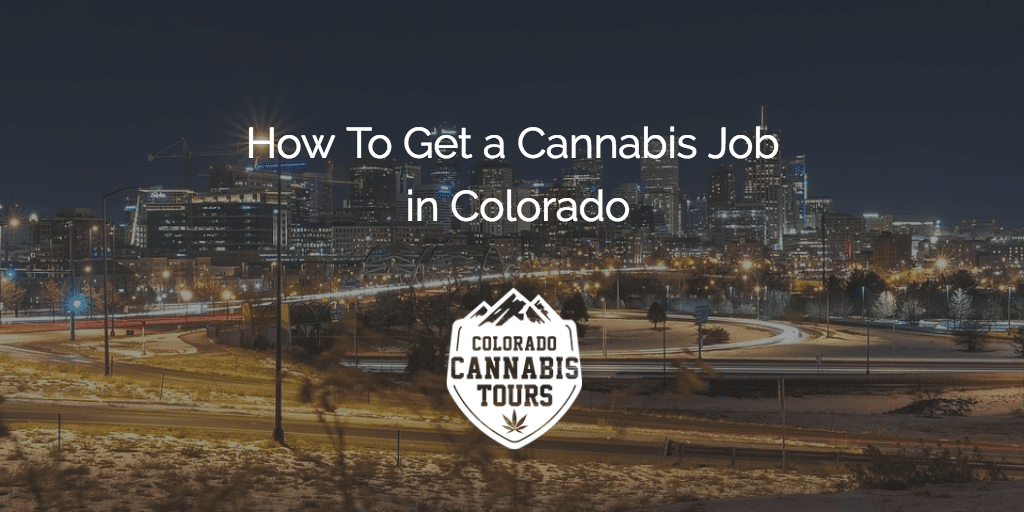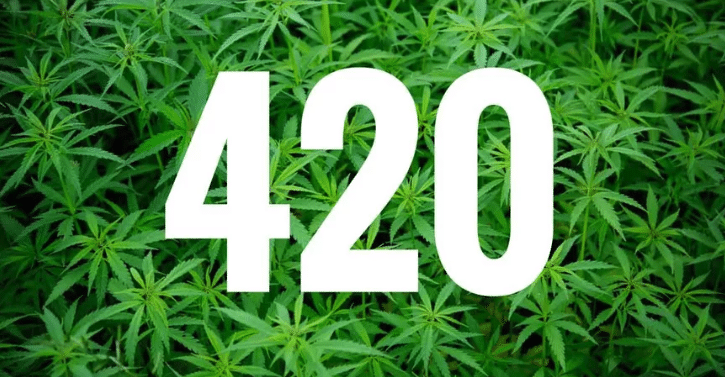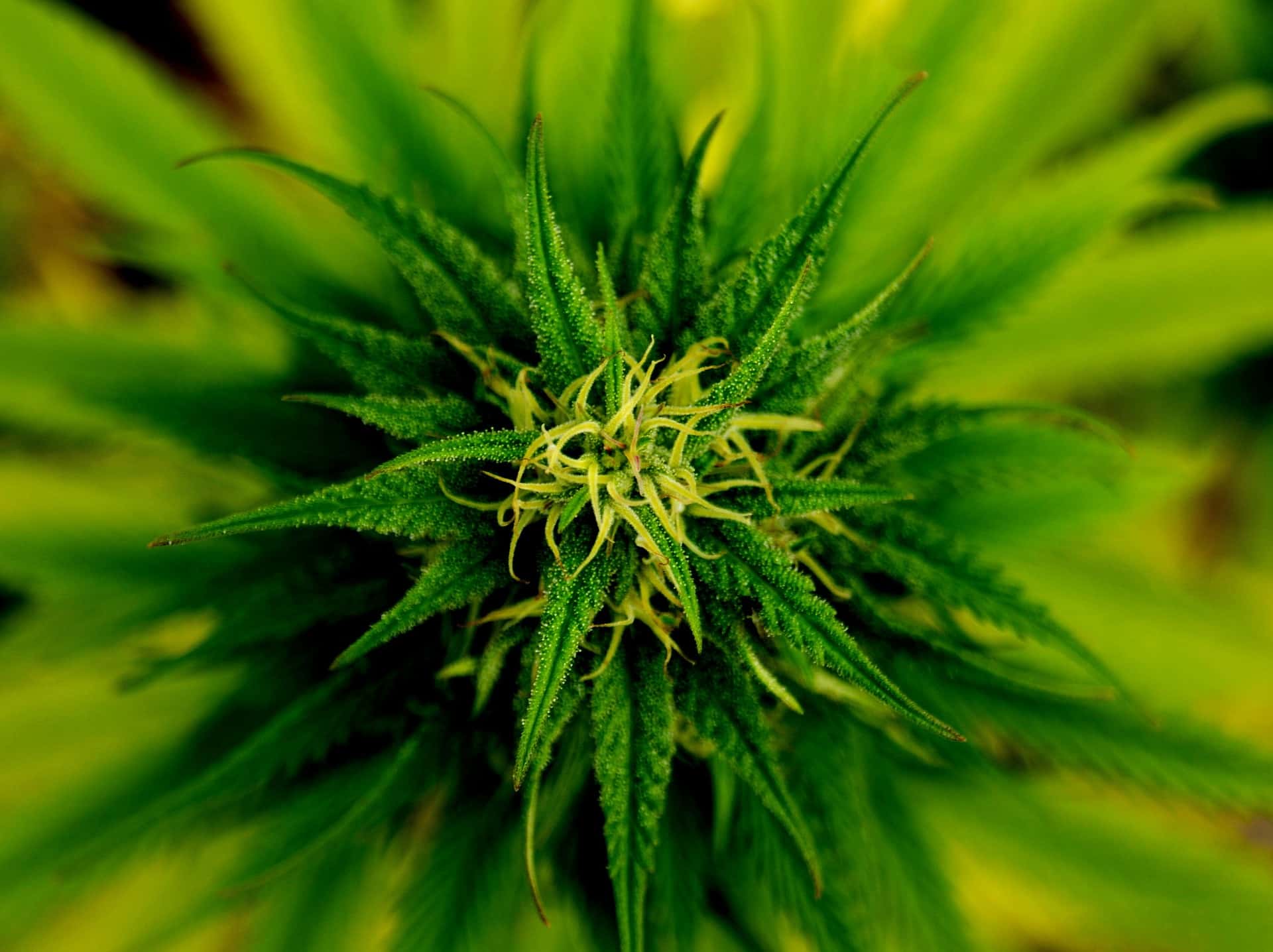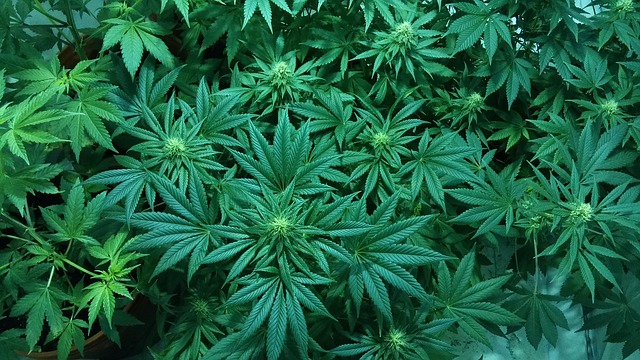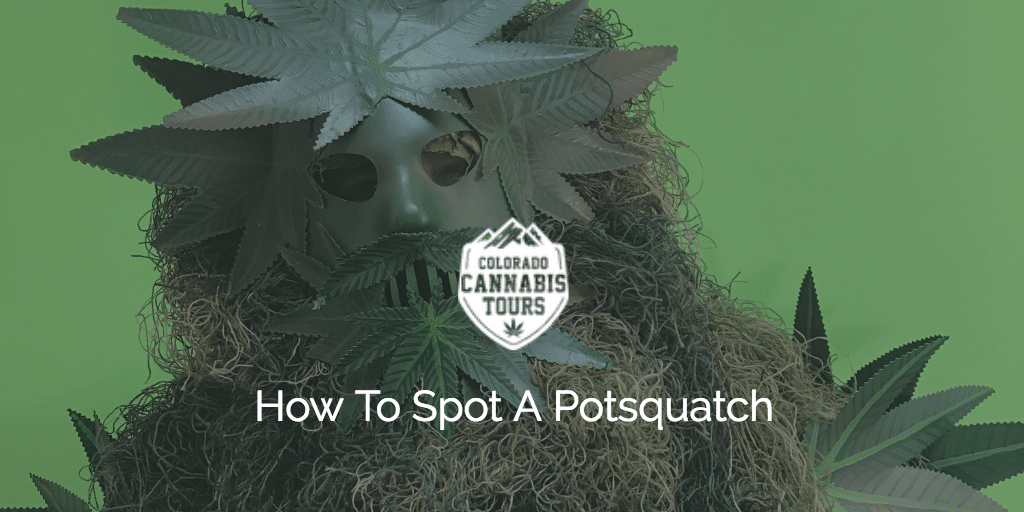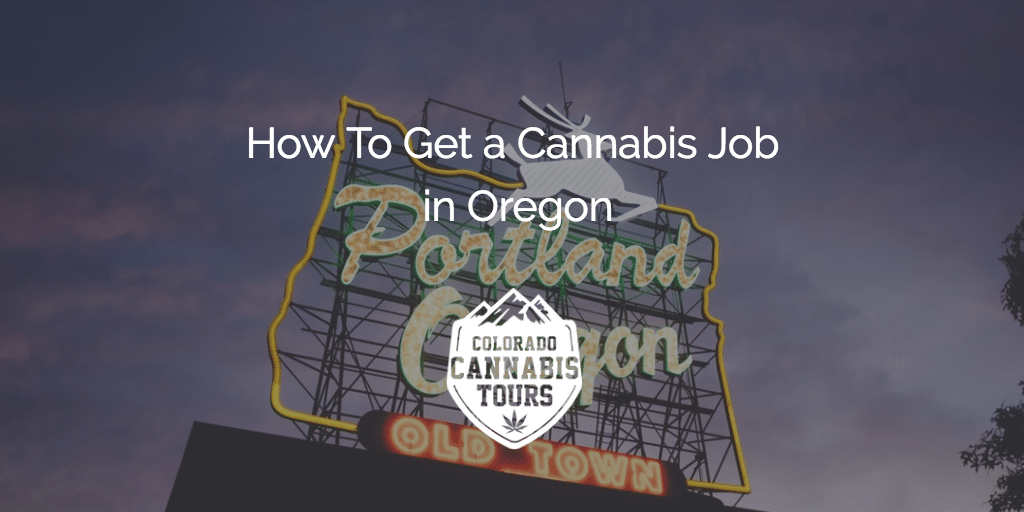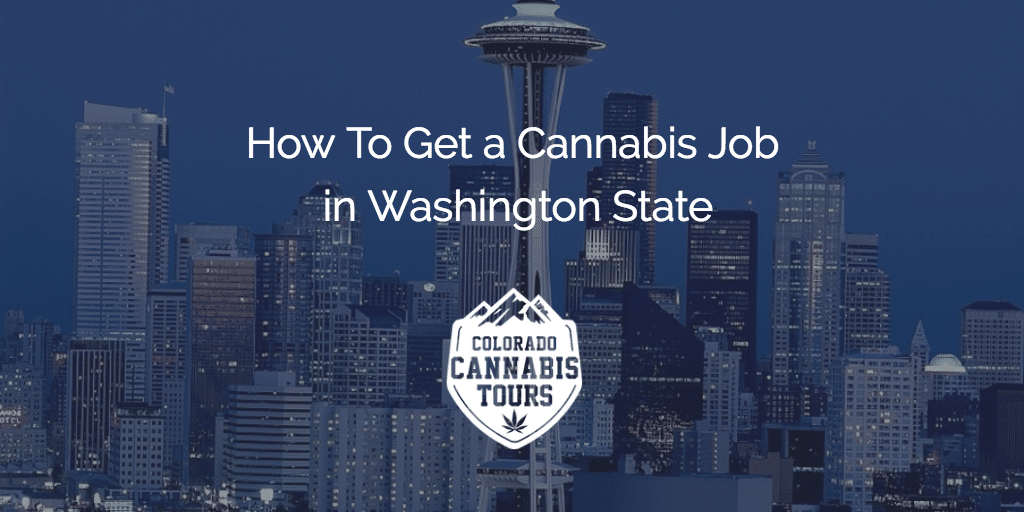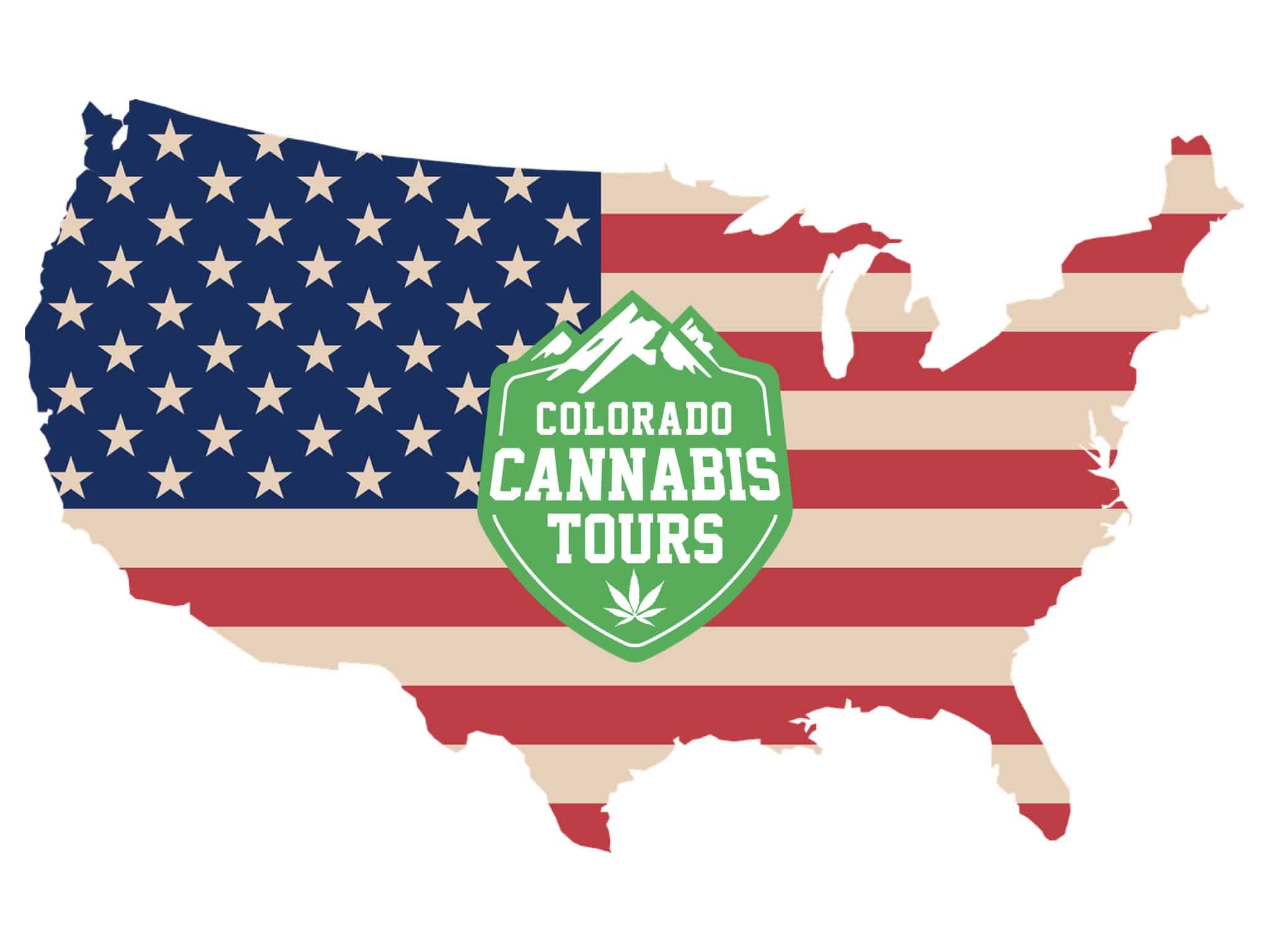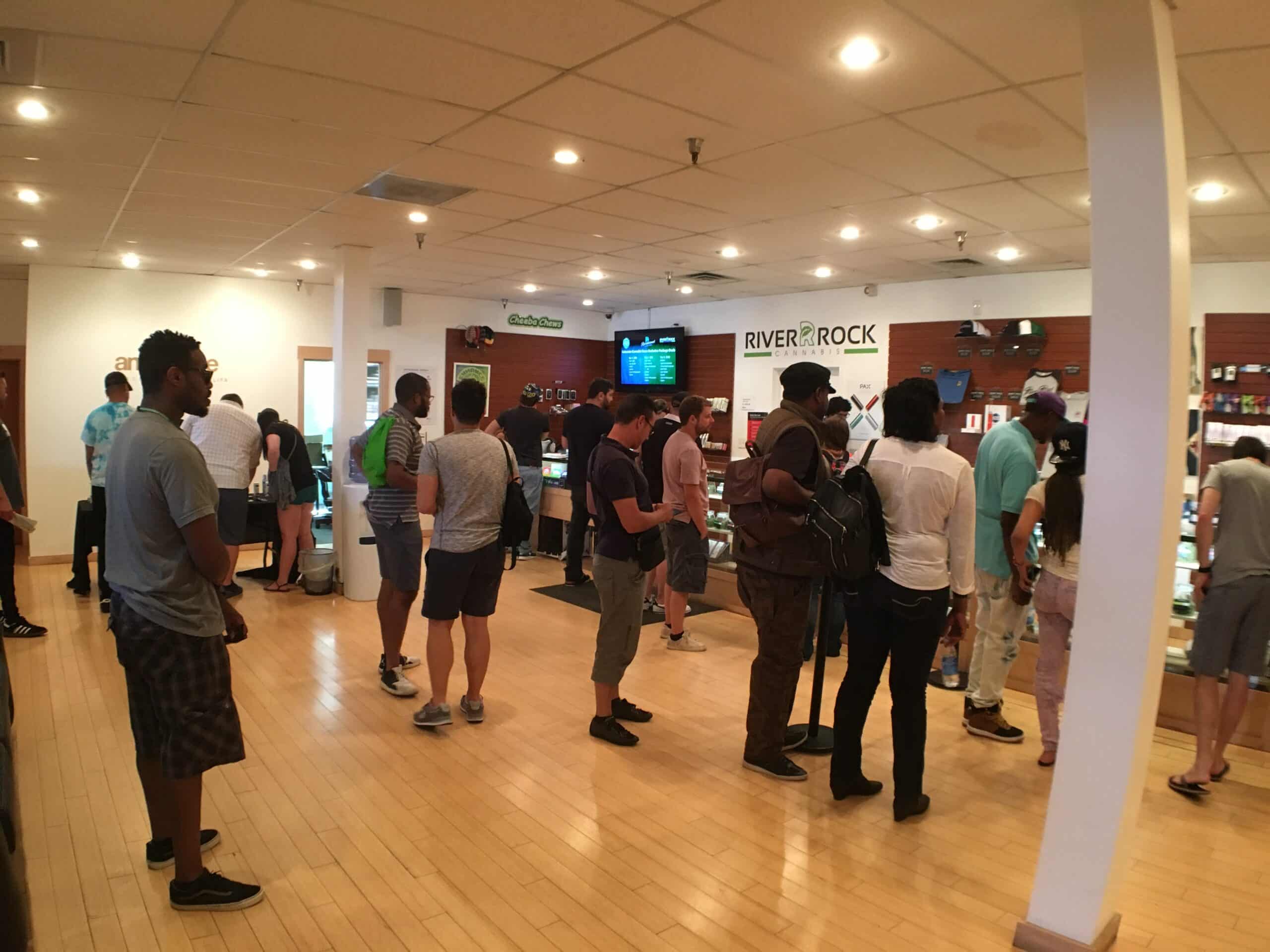How to Get a Cannabis Job in Colorado
If you want to work in marijuana retail sales in the first state to legalize recreational pot, it’s easy. But there’s an application process, complete with various forms and fees. And you must follow and obey all Colorado marijuana laws. Ask yourself, “Do I really want a cannabis job?” Before entering the cannabis industry, understand … Keep reading..

